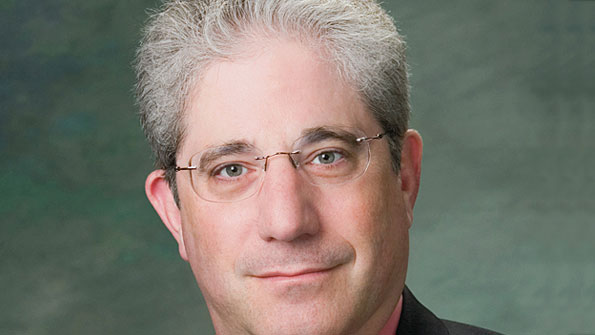Proper license transfers save a lot of grief
At first blush, the American Airlines-US Airways merger announcment may not seem to have much to do with communications, but it does. Airlines have hundreds of wireless licenses that support two-way-radio ground systems and air-to-ground operations.
With certain limited exceptions, all licensees must receive commission approval before assigning or transferring control of FCC licenses or permits. This requirement derives from Section 310(d) of the Communications Act, which states:
“No construction permit or station license, or any rights thereunder, shall be transferred, assigned, or disposed of in any manner, voluntarily or involuntarily, directly or indirectly, or by transfer of control of any corporation holding such permit or license, to any person except upon application to the [FCC] and upon finding by the commission that the public interest, convenience, and necessity will be served thereby.”
There is a limited exception that applies to “private-wireless applicants seeking assignments or transfers of control of licenses for existing stations below 470 MHz or in the one-way paging 929-930 MHz band.” Once a Form 601 application for approval of an assignment or transfer of control is filed, the applicant may operate the existing station for a maximum of 180 days.
When ruling who controls a common-carrier licensee and if there was a de facto transfer of control, the FCC asks:
(1) Does the licensee have unfettered use of all facilities and equipment?
(2) Who controls daily operation?
(3) Who determines and carries out the policy decisions, including preparing and filing FCC applications?
(4) Who is in charge of employment, supervision and dismissal of personnel?
(5) Who is in charge of paying financing obligations?
(6) Who receives monies and profits from the operation of the facilities?
Under Section 1.80 of the commission’s rules, unauthorized substantial transfers of control are subject to a base penalty of $8,000 per violation. The maximum penalty is $16,000 for each violation or each day of a continuing violation, with a maximum of $112,500 for a single act or failure to act.
In 2001, Xcel Energy entered into a consent decree with the FCC, agreeing to implement a compliance program and paying $20,000. The case involved transactions going back to 1993, although Xcel Energy did not apply for FCC approval until 2000 (the commission granted the requested approvals). Several hundred licenses were involved.
Wisconsin Energy paid a $25,000 penalty and implemented a compliance program after failing to apply for a spectrum-license transfer until 13 years after the transaction took place. In 1998, the FCC issued a Notice of Apparent Liability (NAL), including a $20,000 penalty, to Puget Sound Energy for the unauthorized transfer of control of 125 licenses.
Because of these rules, licensees must be very careful to consider FCC processing time frames in considering closing dates on transactions. Failure to do so can have significant consequences.
What do you think? Tell us in the comment box below.
Alan Tilles is a partner at Shulman Rogers and counsel to hundreds of entities in the wireless industry. E-mail: [email protected] Twitter: @landmobilelaw















